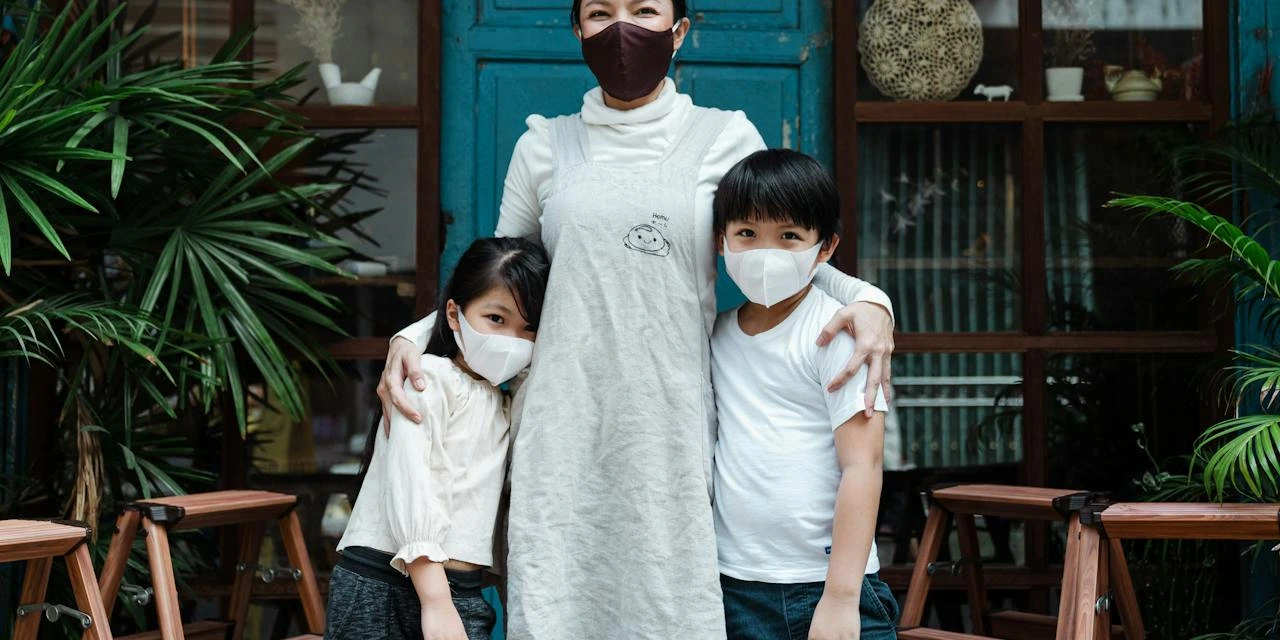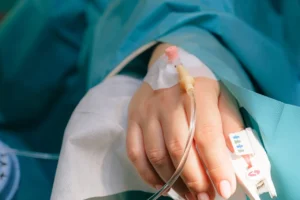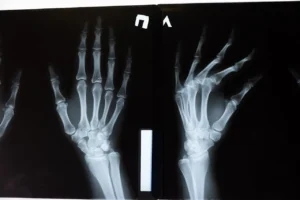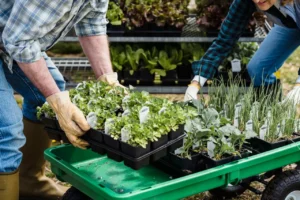
Enhanced Precautions and Vigilance for Avian Influenza during Lunar New Year Celebrations in Asia
As preparations for Lunar New Year festivities in Asia gain momentum, the increased trading and handling of poultry, coupled with the imminent travel rush, have prompted the Food and Agriculture Organization (FAO) to issue a cautionary alert to all Chief Veterinary Officers. The alert, accessible at https://www.fao.org/3/cc9524en/cc9524en.pdf, underscores the potential risks associated with avian influenza (AI) outbreaks in domestic and wild birds in the region.
With various animal influenza viruses circulating in poultry, posing a potential threat of transmission to humans and causing severe disease, the FAO emphasizes the need for heightened vigilance. While human infections have primarily been sporadic and linked to contact with infected poultry or their environments, with no sustained evidence of human-to-human transmission, maintaining a state of alertness is deemed crucial.
In anticipation of the Lunar New Year festivities and ongoing sporadic reports of human AI infections, reinforcing essential messages regarding hygiene and precautions is imperative. The following general precautions are advised:
- Limit exposure to potentially infected poultry and environments:
- Minimize contact with animals in areas affected by animal influenza viruses.
- Avoid surfaces appearing contaminated with animal feces, especially in live animal markets and farms.
- Specific precautions are advised for vulnerable groups, such as children, older individuals, pregnant and postpartum women, and those with suppressed immune systems.
- Perform good hand hygiene and follow general food safety advice:
- Wash hands thoroughly with soap and running water or use alcohol hand rubs, especially before and after contact with animals and their environments.
- Practice good food safety habits, including proper separation of raw and cooked foods, maintaining clean surfaces, thorough cooking, and appropriate meat handling and storage.
- Protect yourself when exposed to or handling poultry:
- Take precautions while handling sick or dead animals, including wild birds.
- Seek healthcare promptly if feeling unwell or after contact with potentially infected animals or their environments.
For public health practitioners, the following actions are recommended:
- Increase awareness of AI among the population and healthcare workers.
- Enhance surveillance efforts, particularly in high-risk areas, ensuring well-equipped laboratories.
- Collaborate closely with the animal sector to minimize the risk of AI transmission to humans.
- Report and promptly investigate any human infections with AI viruses.
The WHO’s public health resource pack, designed for countries experiencing influenza outbreaks in animals, includes essential chapters on basic messages for the general public, reduction of human exposure, and food safety.




